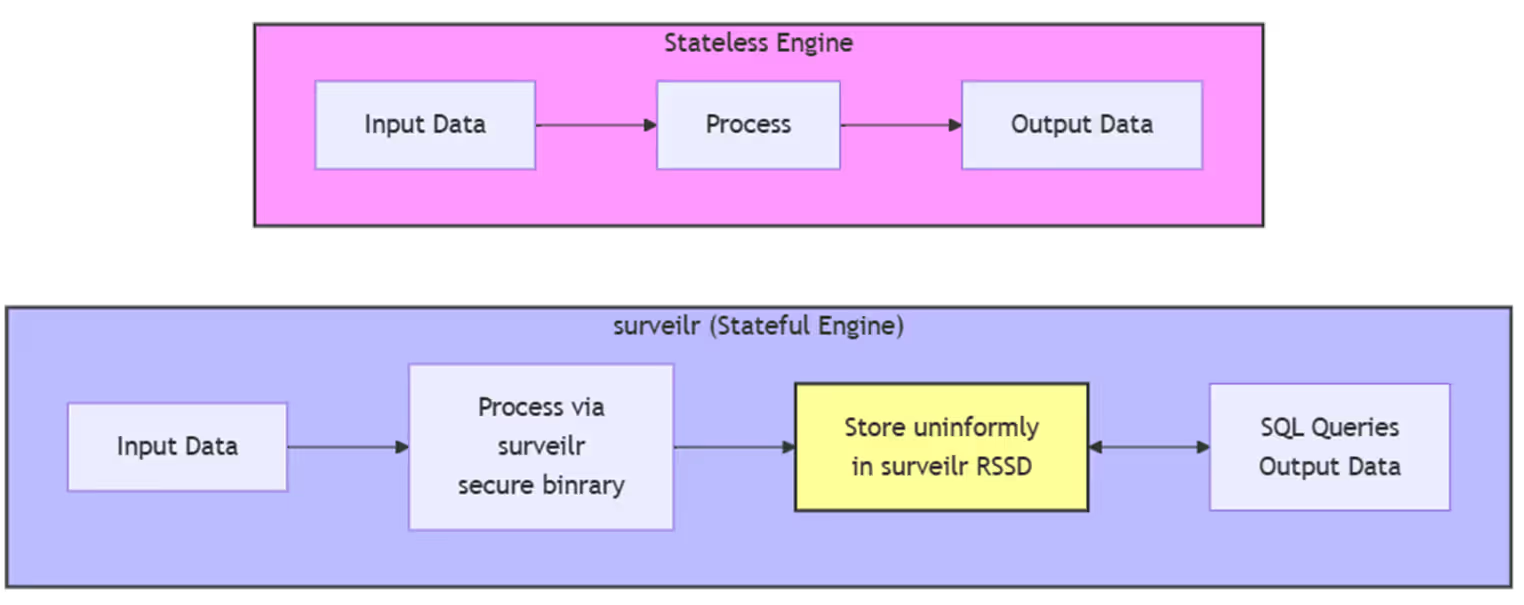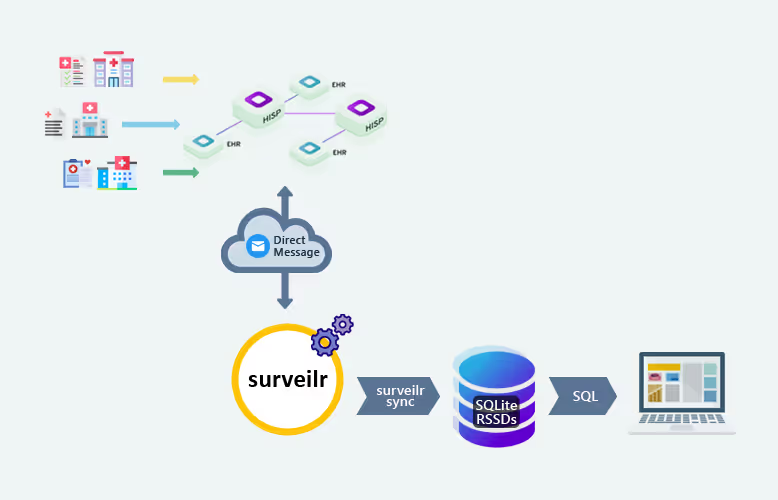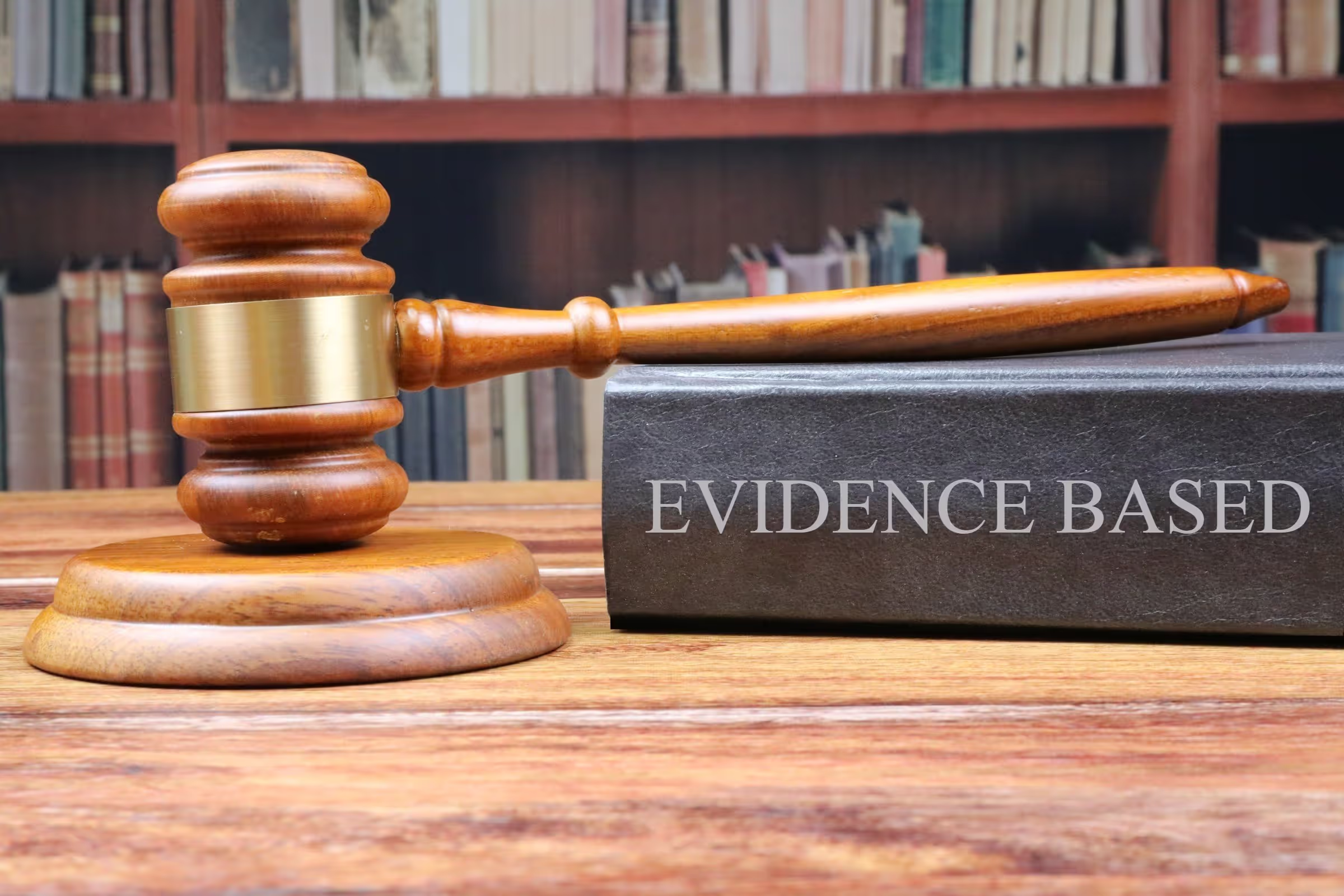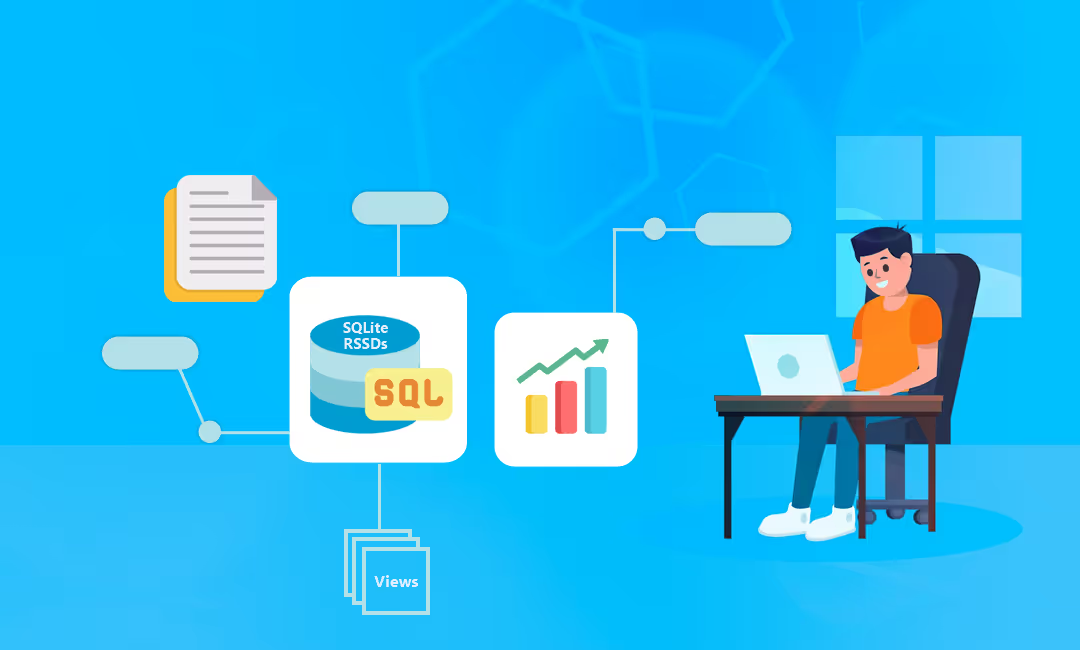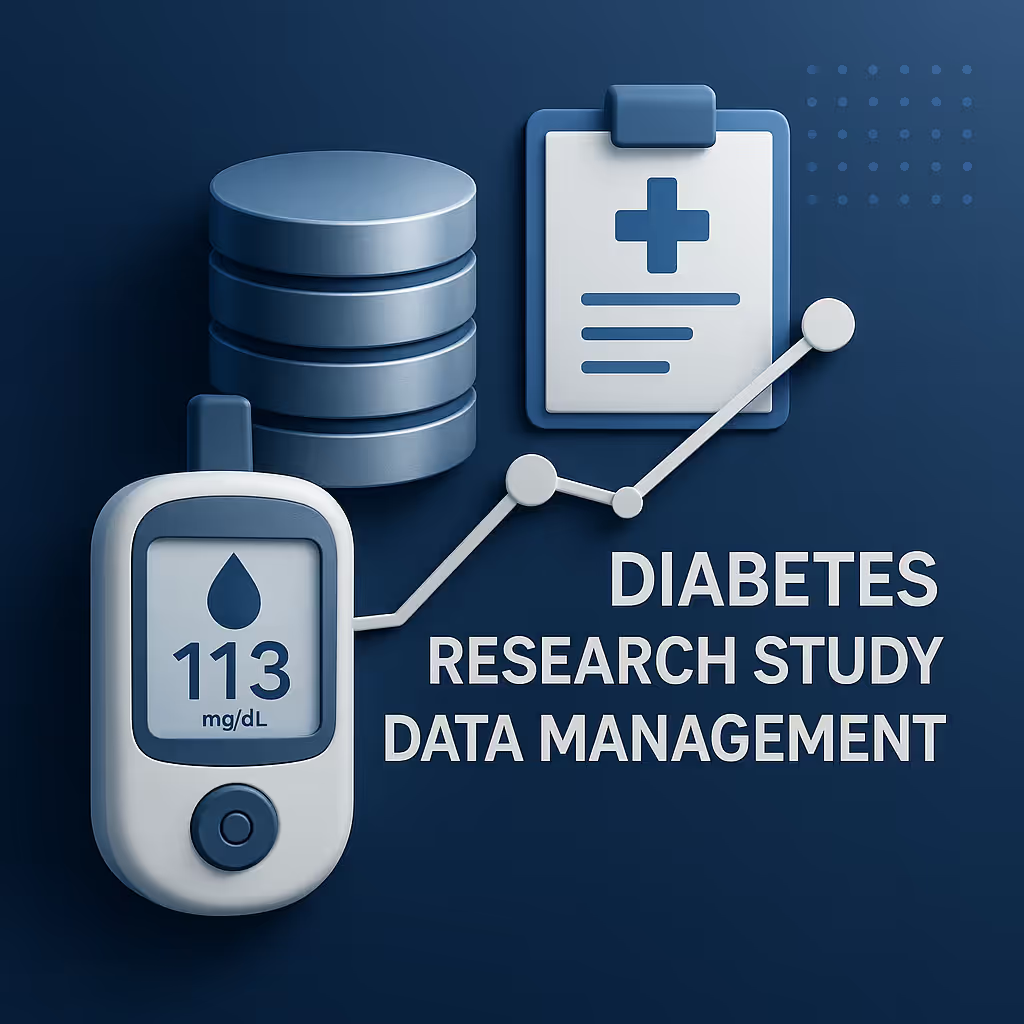In today’s increasingly data-driven world, businesses of all sizes must
efficiently manage and integrate data from a variety of sources. But for many
small and mid-sized organizations without large IT departments to rely on, this
can seem like an overwhelming task. Enter surveilr, a powerful tool
designed to simplify the complexity of data management with its stateful data
integration, SQL-centric interface, and opinionated schema.
If you’re an analyst, compliance officer, or a business leader who isn’t a technical expert, understanding how your data is structured and making it usable across various systems can be frustrating. This is exactly where stateful integration makes a difference—helping non-technical staff access, query, and manage their data efficiently without the need for a large IT team.
How Surveilr Works
-
Stateful Data Integration: Unlike simple data transfer tools, surveilr doesn’t just move data between systems. It stores and organizes the data in a Resource Surveillance State Database (RSSD) powered by SQLite. SQL makes it easy to query, understand, and manage. This ensures that every piece of information retains its context, allowing for more meaningful analysis and easier retrieval when needed.
-
Local-First, Edge-Based Processing: To enhance security and efficiency, surveilr RSSDs process data close to where it’s collected—on local devices or edge systems. This reduces unnecessary data transfers and makes the system easier to manage, even if you don’t have a dedicated IT team monitoring every transaction.
-
SQL-Centric Approach: Surveilr uses SQL, a universal and widely-known database language. For non-technical users, this means they don’t need to learn complex new systems or depend on IT specialists to query and analyze data. With basic SQL knowledge, analysts can access data, run reports, and generate insights quickly.
Now, let’s dive into why stateful integration is especially important for businesses that lack extensive IT resources.
What is Stateful Integration and Why Does it Matter?
Stateful integration goes beyond moving data—it involves keeping the data’s history and context intact as it flows through different systems. When data is statefully integrated, it isn’t just passed from one platform to another; its origin, its transformations, and its current form are all tracked and preserved.
This is crucial for businesses without large technical teams because it simplifies data management. Instead of needing technical experts to manually map out or trace where data came from, what was done to it, and how it’s been processed, surveilr does this automatically. It retains the “state” of the data, so non-technical staff can focus on using the data rather than trying to figure out how it got there.
Why is This So Important for Non-Technical Teams?
In many small and mid-sized businesses, the burden of data integration often falls on analysts, compliance officers, or business managers—not specialized IT professionals. These individuals need to be able to:
- Access data quickly and reliably without spending hours figuring out how to extract it.
- Ensure compliance with regulatory requirements by having a complete history of how data has been managed.
- Run reports and generate insights easily, without needing to dive into complex technical tools.
Stateful integration simplifies all of these tasks. It automatically tracks data through its entire lifecycle, so non-technical staff can see exactly how the data was collected, processed, and stored, making it easier to manage without technical intervention.
Surveilr’s Opinionated Schema: Why It Matters
One of the most powerful features of surveilr is its opinionated schema—a standardized way of structuring data. But what does that mean, and why should you care?
In technical terms, an “opinionated” system makes certain choices about how things should be done. Instead of giving users unlimited flexibility (and complexity), surveilr offers a structured, pre-defined approach to how data is stored and organized. This makes life easier for non-technical staff in several key ways:
1. Less Guesswork, More Usability
When a system imposes a standardized structure on your data, you don’t have to spend time figuring out how to organize or label everything yourself. The opinionated schema in surveilr gives you a consistent, predictable way to handle data. This means you don’t have to ask, “Where is this piece of information stored?” or “How do I access this specific dataset?”
For non-technical users, this removes a major hurdle. With surveilr, the data is already organized in a meaningful, searchable way. You can start querying it immediately using basic SQL knowledge.
2. SQL Queries Become Simpler
In an unstructured or loosely structured system, writing SQL queries can become difficult and time-consuming. You need to know where the data is located, how it’s been named, and how different datasets relate to each other. With surveilr’s opinionated schema, those relationships are already mapped out for you. The system provides a clear, consistent format for the data, which simplifies the process of writing SQL queries.
For example, instead of worrying about different naming conventions across departments or systems, surveilr ensures that everything is uniformly structured. As a result, analysts don’t need to spend time crafting complex queries. They can quickly access the information they need with simple, straightforward SQL commands.
3. Fewer Errors, Greater Accuracy
When you don’t have a team of IT professionals maintaining your data systems, errors can slip through the cracks—especially if different parts of the organization are using different structures or conventions for their data. With surveilr’s opinionated schema, data is always stored and organized in a standardized way, minimizing the risk of errors.
This leads to more accurate reporting, fewer mistakes, and less time spent troubleshooting. Non-technical users can trust that the system is handling the details correctly, allowing them to focus on analyzing data and making informed business decisions.
Empowering Analysts and Business Teams
One of the key benefits of surveilr’s stateful integration and opinionated schema is that it puts the power back in the hands of analysts and business users. You don’t need to rely on IT to manage your data or run complex queries. With surveilr’s intuitive SQL-centric approach, non-technical users can:
- Easily query data and get immediate answers to business questions.
- Track the history of data without needing technical expertise.
- Ensure compliance and generate accurate, traceable reports for regulators.
This means that even if your organization doesn’t have a large IT team—or any IT department at all—you can still manage your data effectively. Surveilr handles the heavy lifting of data integration, organization, and compliance, freeing up non-technical staff to focus on using data to drive business results.
In a world where data drives decisions, businesses without dedicated IT teams can often feel overwhelmed by the technical challenges of managing and integrating their data. With surveilr’s stateful data integration, opinionated schema, and SQL-centric interface, non-technical users can take control of their data, ensuring it’s always organized, traceable, and accessible.
Stateful integration allows your organization to manage data across systems effortlessly while retaining important context and history, making compliance, reporting, and analysis easier than ever. Surveilr’s opinionated schema reduces complexity, letting your team focus on what matters most: making informed decisions based on reliable, well-organized data.
With surveilr, you don’t need a large IT team to manage your data effectively. All you need are the right tools.

